Private Lending Trends in South Florida
Veteran investment banker Robert Barthelmess of BGI Capital sheds light on the COVID-19 factor and what’s ahead in this key market.
Commercial and multifamily mortgage originations ended 2019 with the strongest quarter on record since the second quarter of 2007, according to the Mortgage Bankers Association. With a tax-friendly business environment and highly educated tenant pool, South Florida is a preferred destination for both investors and developers. Although it launched only three years ago, BGI Capital has become an active lender in the region.
Managing Partner Robert Barthelmess has more than 25 years of experience in corporate, banking and commercial real estate finance and currently oversees the lending and institutional relationship components for BGI Capital. In an interview with Commercial Property Executive, Barthelmess revealed details about his company’s most recent deals, provided insights on the South Florida market and also touched on how the coronavirus outbreak is impacting the private lending industry.
READ ALSO: How Low Interest Rates Are Bolstering CRE Loans
What are your top takeaways regarding the private lending industry in 2019?
Barthelmess: Due to the regulations and limitations on what the traditional banking sector is able to provide, the industry is directing bankable clients outside of its spectrum to the alternative lender. This redirection has made a strong impact on some more bankable deals our firm has been able to obtain over the past 12 months. With that said, there is also an increasing number of competitors in this sector that are coming into South Florida from the Northeast and the West Coast. All in all, we believe that 2019 was a good year for the lending industry.
Tell us about the most recent financing deals that you orchestrated in Florida.
Barthelmess: In Florida, we have been successful in structuring and brokering a variety of commercial real estate loans for mixed-use, office, hospitality and light-industrial properties that are contributing to the development of South Florida.
Recently, we effectively secured inventory loans for developers of various residential high- and mid-rise projects in South Florida, which allow developers to retain unsold inventory and sell it over an extended time frame. The advantages we are able to provide with this loan structure include flexibility and the opportunity to avoid selling into a depressed market.
Another recent successful financing deal we secured in South Florida is a value-add play transaction in Coral Gables for $12 million. This is an interesting case because the project is in the heart of the Coral Gables financial district and will soon be home to the coworking space known as FORUM. The loan provides sufficient funds for the owners and sponsors to repurpose and reposition the property into a space that benefits the corporate and entrepreneurial community. We have also structured the financing for a Holiday Inn hotel in Edgewater for $27.5 million.
How have you adapted your business strategy for the next recession?
Barthelmess: Our business strategy has always been to stay true to our original underwriting standards. In a market where we are experiencing an increase in competition, many alternative lenders are compromising standards to offer more competitive options in order to grab market share. BGI Capital’s strategy is to steer clear of watering down its oversight and stay true to what we believe is a valuable deal.
How do you expect the latest Fed rate cut to impact Florida’s lending industry?
Barthelmess: At this time, due to the impacts that the novel coronavirus has had on our global and local communities, we believe that the private/alternative lending industry is taking a cautious stance, from a risk perspective, when it comes to structuring and approving loans. At BGI Capital, because our rates go hand in hand with the perception of risk, we have not had to reduce rates. Instead, we are reviewing our requests on a case-by-case basis to ensure we can secure the best options for our clients.
READ ALSO: Who’s Winning the CRE Debt Wars?
What are your thoughts on the impact of the coronavirus outbreak on the private lending industry?
This unforeseen circumstance is forcing the industry to take a step back to allow the market to digest what is happening. The impact this will have on the market and how banks and lenders structure loans will be dictated by how long businesses will be confined. It could potentially affect large lenders, their portfolios and the evaluations of these portfolios. However, it is still too soon to know what those impacts will look like at this time. For the time being, we are hoping the economy can get back on track as soon as possible, so the impacts are not as drastic.
What are the most important trends in the private lending industry today, and what should we expect this year?
Barthelmess: One of the trends we are going to see in 2020 are challenges similar to those we saw in 2019. The demographics for Florida are interesting and favorable, with over 1,000 people moving to South Florida every day. This requires a supply of housing, retail and rental properties, which will continue to foment the development of these asset classes.

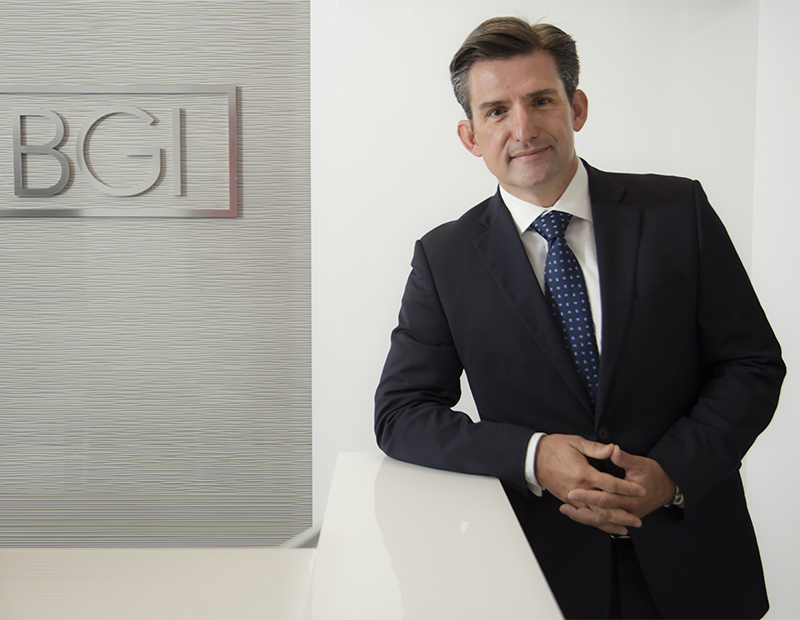
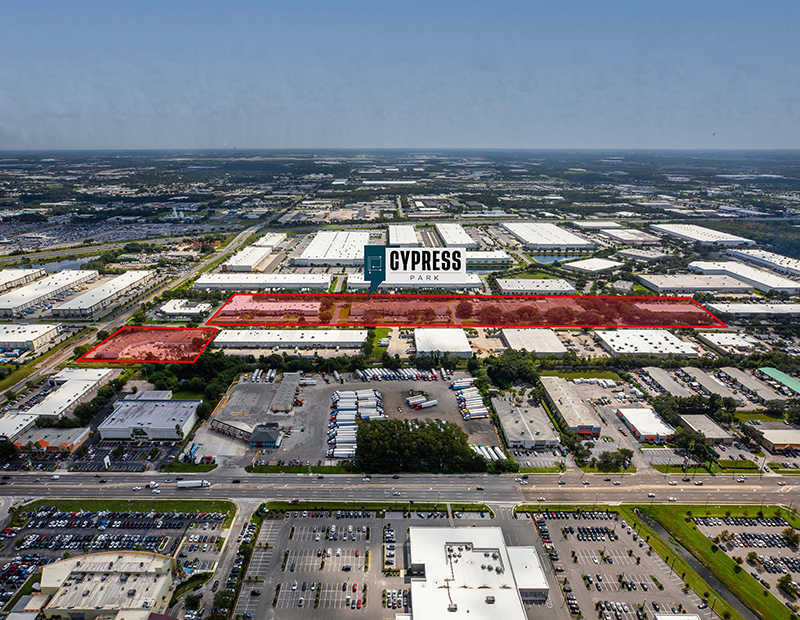
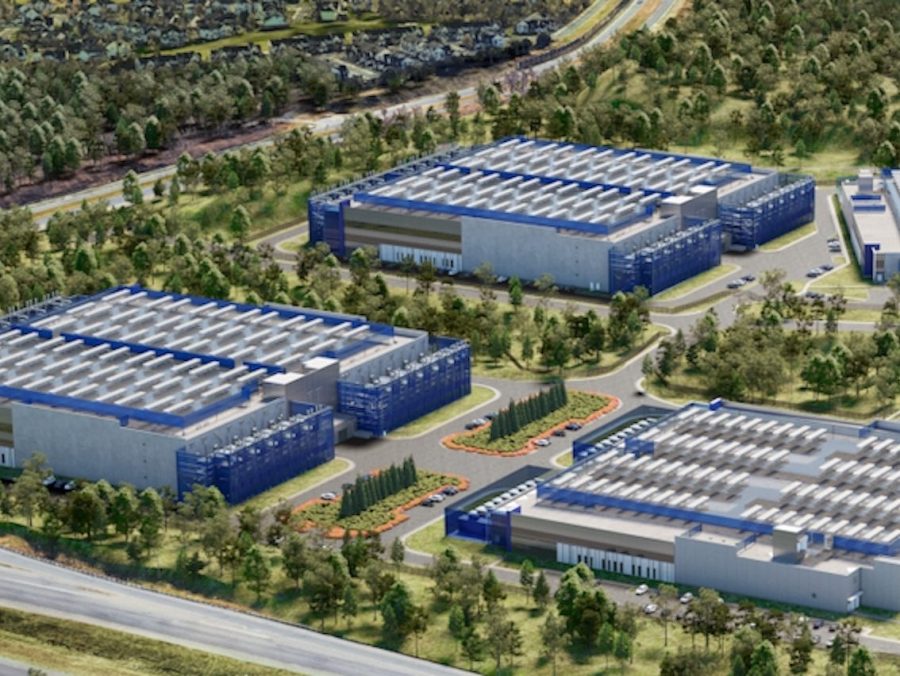
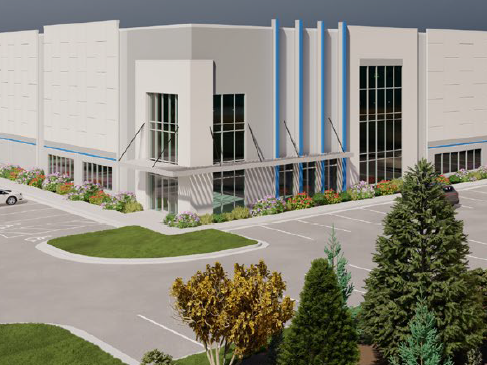
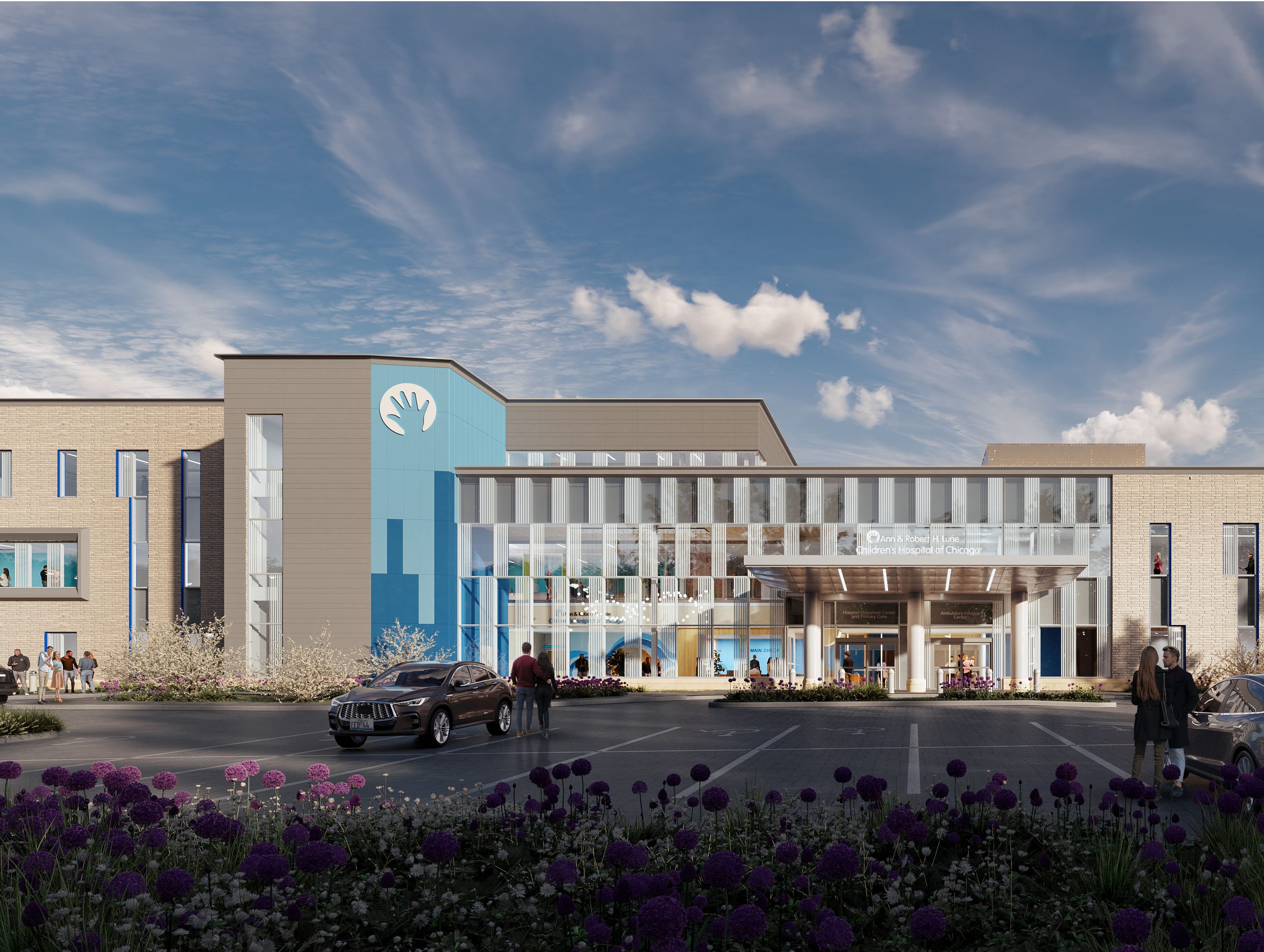
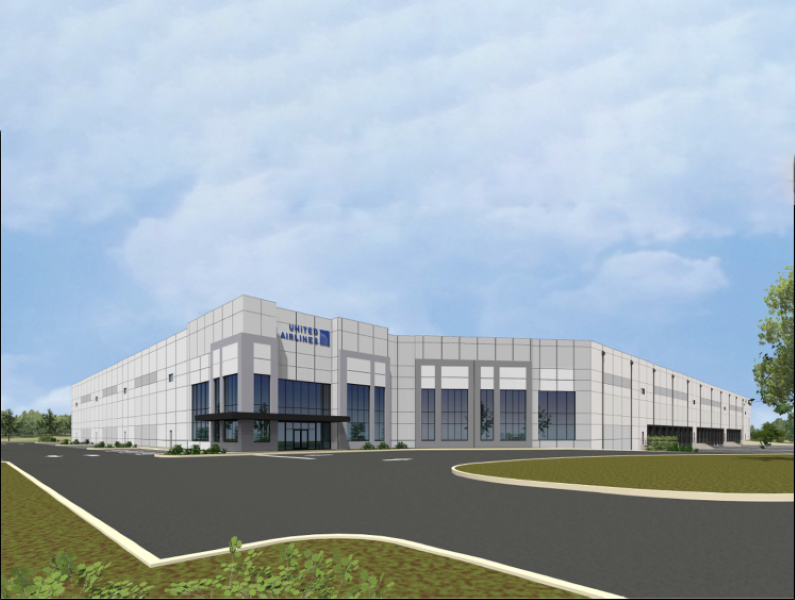
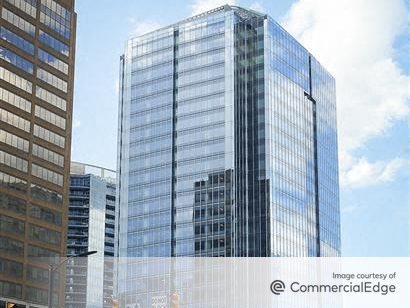
You must be logged in to post a comment.